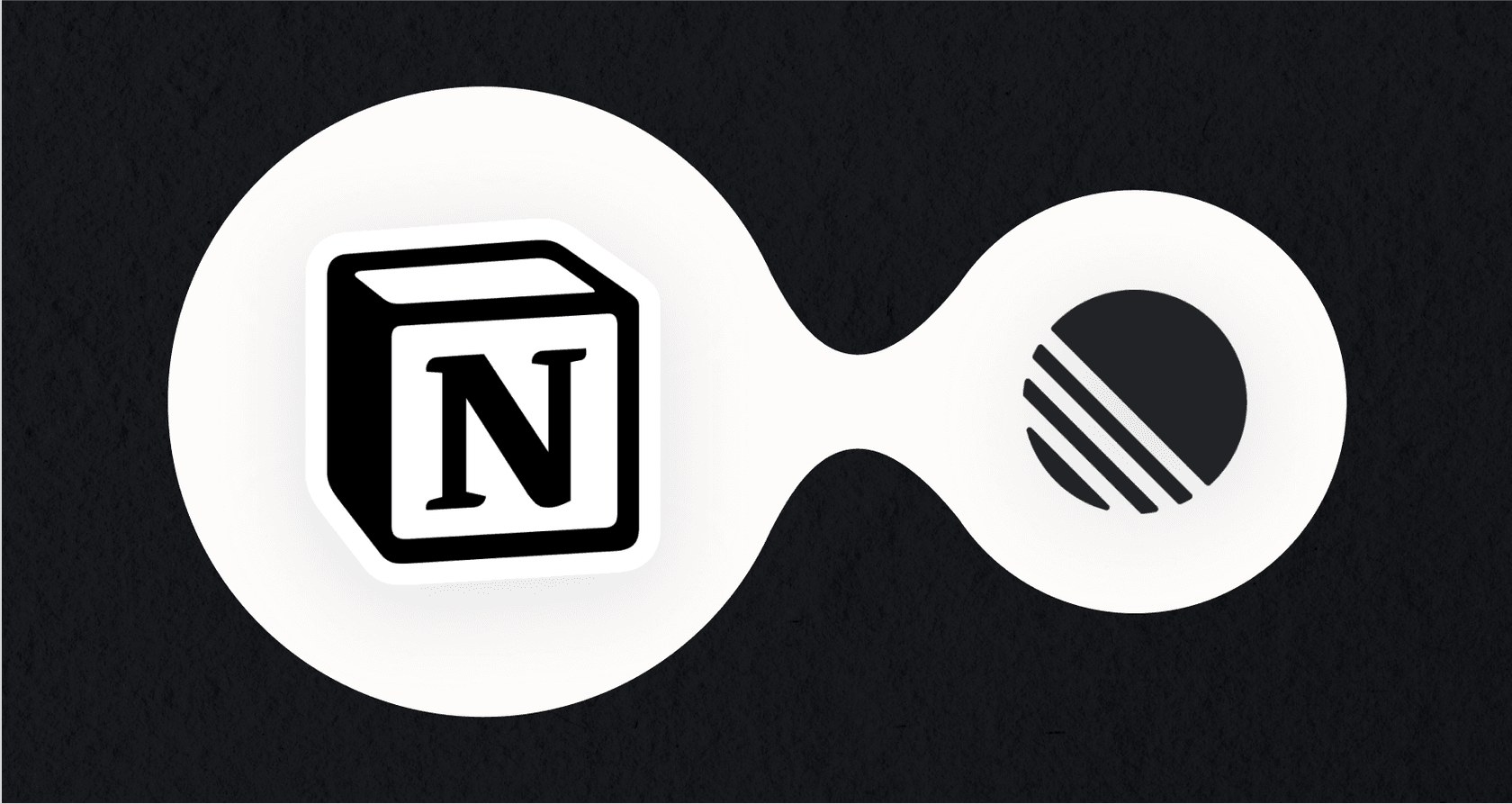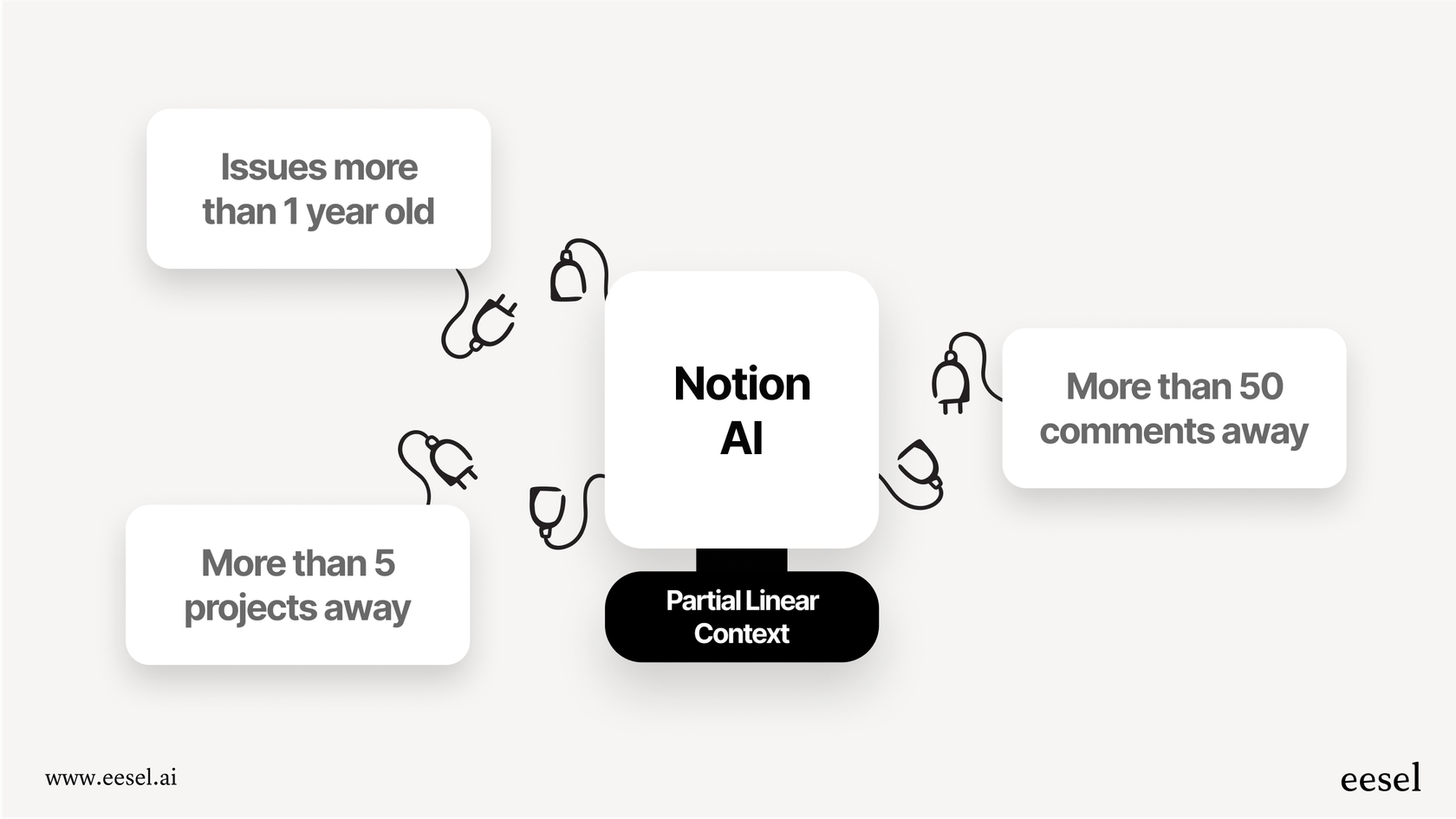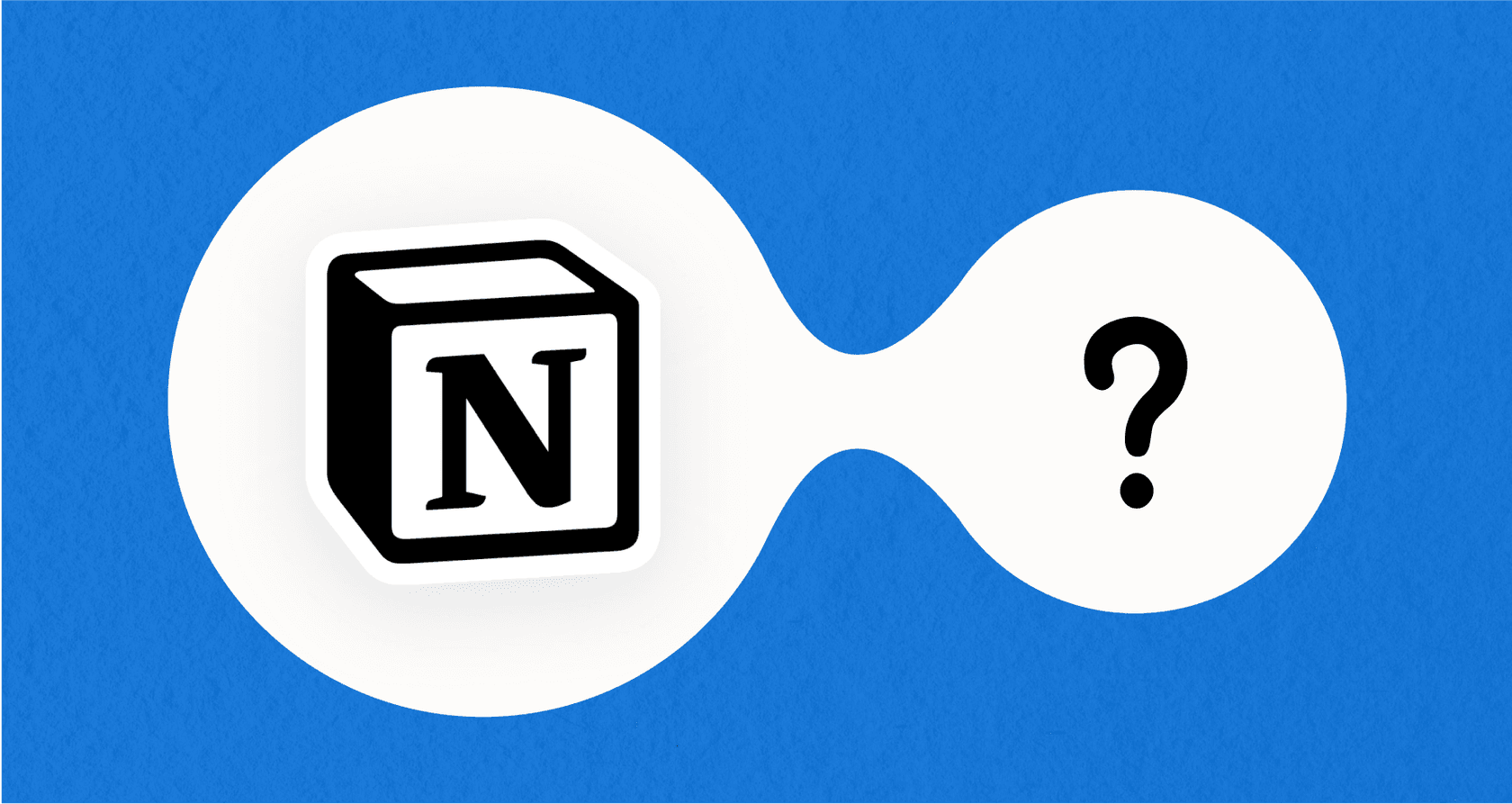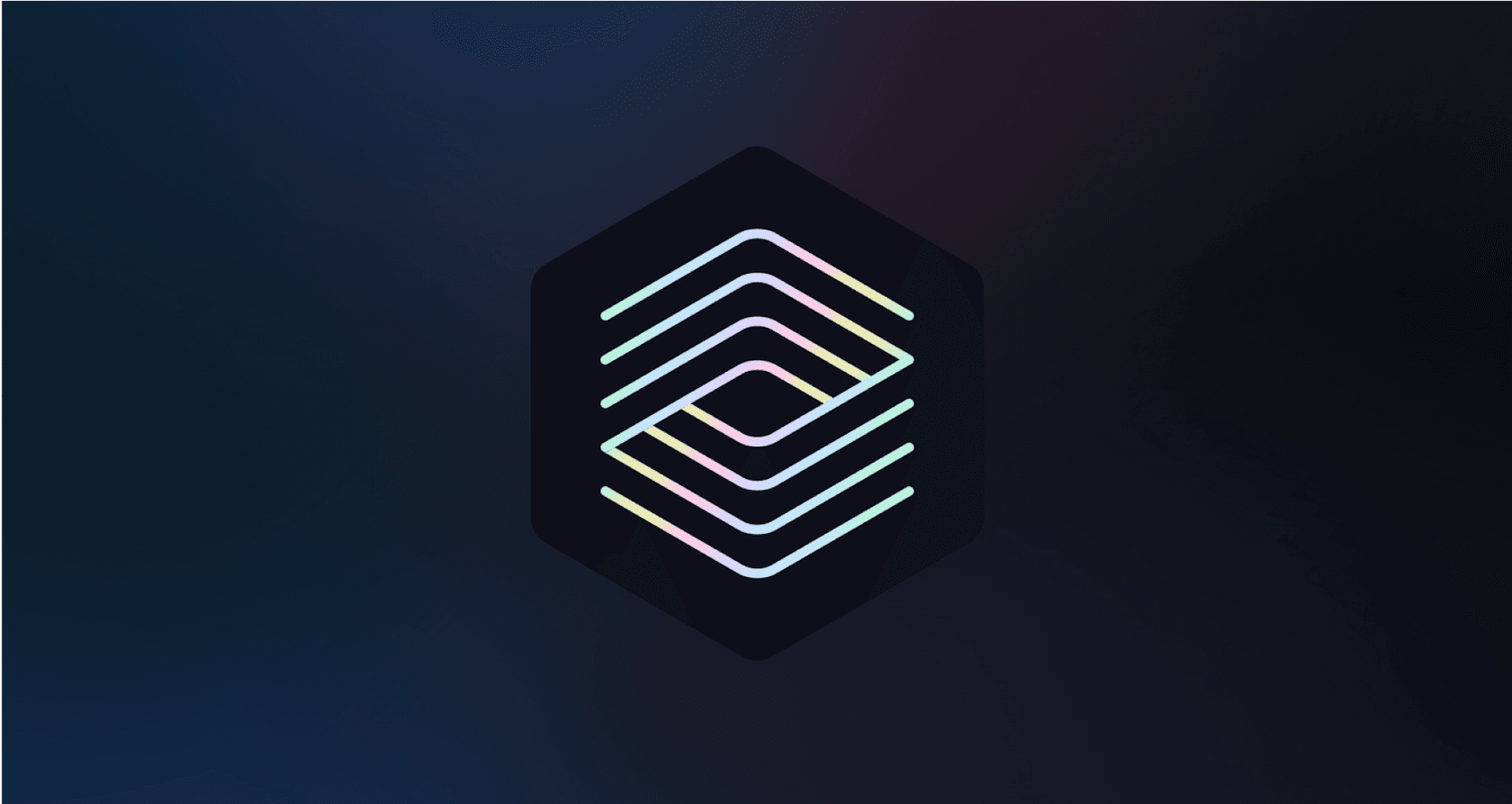
If you’re on a modern software team, you probably live your life in two different browser tabs. Your project management happens in a slick tool like Linear, while all your product specs, meeting notes, and documentation are neatly tucked away in Notion. This split creates a gap, forcing everyone to constantly toggle back and forth hunting for context. It’s a productivity drain we’ve all felt.
AI connectors are supposed to be the fix. The idea is simple: let one tool intelligently search the other to create a single source of truth. To solve this exact problem, Notion has rolled out the Notion AI connector for Linear. It’s built to let you ask questions about your development pipeline without ever leaving your Notion workspace.
But is it the solution we’ve been waiting for? This guide will walk you through what it is, what it does well, and, most importantly, the limitations you need to understand.
What is the Notion AI connector for Linear?
At its heart, the Notion AI connector for Linear is an integration that gives Notion’s AI a backstage pass to your Linear workspace. Once you set it up, you can ask plain-English questions inside a Notion page and get answers pulled directly from your Linear projects, issues, and comments.

The main goal here is to stop the constant back-and-forth between your wiki and your issue tracker. Instead of digging through Linear to check on a project, you can just ask Notion AI. This could make project info more accessible to everyone in the company, especially folks in marketing, sales, or support who don’t spend their days inside Linear. It's all about cutting down on context switching so your team can stay focused.
Key features of the Notion AI connector for Linear and how to use them
The connector tries to turn Notion AI into a central hub for everything happening in Linear. Instead of just being a place for static docs, Notion can become a live window into your team's progress.
Get instant project status updates
Let's be real, one of the biggest time-wasters is chasing down status updates. The connector lets you ask broad questions and get quick summaries of what’s happening. It’s pretty handy when you’re prepping for a meeting or just need a snapshot of the week's priorities.
You could try prompts like:
-
"What blockers are assigned to me in Linear this week?"
-
"Summarize the latest updates on the 'Mobile App Refactor' project."
-
"Show me all high-priority issues in the current engineering cycle."

Troubleshoot technical issues faster
When a bug report comes in, the first step is usually digging through old issues to see if it's happened before. The connector can help speed this up by searching through Linear’s history for you. You can find out if a similar problem was solved in the past and how the team handled it.
For example, you could ask:
-
"Why is the login feature failing? Search Linear for recent issues."
-
"Find all comments related to the 'API performance' epic in Linear."
Improve cross-functional team alignment
This is where the connector has the most potential. It gives non-technical teams an easy way to stay in the loop without needing to become Linear power users. A marketing manager can get a quick launch date, or a support agent can check the status of a bug fix their customer is waiting for.
For instance, a product marketer could ask, "When is the 'New Onboarding Flow' feature scheduled to launch?" and get an immediate answer to help coordinate their GTM campaigns.
How to set up the Notion AI connector for Linear
While the idea is great, getting started isn't as simple as flipping a switch. The setup process itself is manageable, but there are some strict requirements you have to meet first.
What you’ll need to get started
Before you can link the two platforms, you have to make sure you have the right plans and permissions on both ends. Here’s a quick look at what you’ll need.
| Requirement | Details |
|---|---|
| Notion Plan | You have to be on a Notion Business or Enterprise plan. |
| Linear Permissions | You must be an admin of your Linear workspace. |
| Notion Permissions | You must be an owner of your Notion workspace. |
| Connection Process | The connection is set up from within Notion’s settings ("Settings" → "Notion AI" → "Connectors"). |
Notion pricing for the Notion AI connector for Linear
It’s important to be clear about this: the Notion AI connector for Linear isn't a free perk. Access to AI connectors is part of Notion’s premium plans, so you’ll need to be on a paid tier to use it. If your team is on the Free or Plus plan, you’ll need to upgrade.
Here are the plans that include the connector and other Notion AI features.
| Plan | Price (Billed Annually) | Key Features Included |
|---|---|---|
| Business | $20 per user/month | SAML SSO, Private teamspaces, Notion AI Agent, Enterprise Search (Beta) |
| Enterprise | Custom Pricing | Advanced security, User provisioning (SCIM), Customer success manager, Zero data retention |
Critical limitations you need to know
The connector is a promising idea, but you absolutely need to know its current limitations before you build your team’s workflows around it. For teams that need real-time, complete data, some of these issues could be deal-breakers.
Long data sync delays
First up, the speed. Or lack thereof. Notion's own documentation says the initial data sync from Linear can take up to 36 hours to complete. That’s a day and a half before you can even ask your first question. After that, it syncs every 30 minutes, which might still be too slow if your team is making decisions based on the absolute latest project data.
Incomplete data access
This one is a big deal. The connector doesn't give Notion AI access to your entire Linear history. Not even close. According to Notion’s help center, the AI can only see a small, recent slice of your data:
-
Issues: It only looks at issues that have been updated within the last year. Anything older is invisible to it.
-
Comments & Labels: It only pulls in the latest 50 comments and labels for each issue. If a key decision was made in comment #51, the AI will never know about it.
-
Project Updates: It only reads the 5 most recent updates and comments for each project, leaving out a ton of early context.
-
Attachments: The AI cannot access or read attachments or any documents linked within Linear issues.
Working with partial data means you’re getting partial answers. Those answers can be misleading or, worse, just plain wrong.

The "beta" user experience
The connector is new, and it feels new. Like a lot of AI features being rolled out these days, its reliability can be hit or miss. Users have reported that the AI sometimes can’t find information that should be easy to locate, which makes the whole experience feel like a public beta test. For teams that need a tool they can count on, this kind of unpredictability is a real headache.
A better way to unify your product and support knowledge
Connecting your tools is definitely the right move, but how you do it matters. The limitations of the Notion connector show why a more complete and reliable solution is needed.
Get started today, not tomorrow
Waiting up to 36 hours for an initial sync just feels outdated. Modern AI tools should be ready to go when you are. A platform like eesel AI offers a self-serve setup with one-click integrations that connect to your knowledge sources right away. You can be up and running in a few minutes, not waiting around for a day and a half.

Give your AI the whole story for better answers
For an AI to be genuinely helpful, it needs the full picture. Limiting its view to only the last year of work or the most recent 50 comments is like asking it to solve a puzzle with half the pieces missing. In contrast, eesel AI is built to train on your entire history of support tickets, documents, and internal wikis. This means its answers are far more accurate and useful because they’re based on the complete context of your company's knowledge.

Test it out before you launch
Rolling out a new AI tool shouldn't feel like a gamble. Instead of just crossing your fingers and hoping it works, you should be able to check its performance first. eesel AI has a simulation mode that lets you test your AI agent on thousands of your past tickets. You can see exactly how it will respond, measure its accuracy, and even get an idea of your potential ROI before it ever talks to a single employee or customer.

Unify knowledge across your entire stack
A single connector between two tools doesn’t really break down silos; it just creates a slightly bigger one. A truly connected knowledge system should pull from everywhere. eesel AI builds a single AI brain for your company by integrating with help desks like Zendesk and Intercom, chat tools like Slack and Microsoft Teams, and knowledge sources like Confluence and Google Docs.
Connect your tools without the compromise
The idea of connecting project management tools like Linear with knowledge bases like Notion is a great one. It promises a future with less tab-switching and better team alignment.
And while the Notion AI connector for Linear is an interesting first attempt, its major limitations in data scope, sync speed, and reliability make it a tough sell for teams who can’t afford to work with incomplete or stale information.
A truly helpful AI should be instant, comprehensive, and dependable. eesel AI is designed to deliver on that by connecting your entire knowledge stack, learning from your complete history, and letting you test with confidence. It’s a robust solution that actually works the way you’d expect it to.
Ready for an AI that connects your entire knowledge base, not just bits and pieces? Start your free eesel AI trial today and see how a truly unified AI can improve your workflows.
Frequently asked questions
The main goal of the Notion AI connector for Linear is to integrate your Notion workspace with Linear, allowing Notion AI to answer questions using data from your Linear projects. This helps teams get instant project updates and context without constantly switching between applications, aiming to reduce context switching and improve information accessibility.
To use the Notion AI connector for Linear, your Notion workspace must be on a Business or Enterprise plan. Additionally, you need to be an admin of your Linear workspace and an owner of your Notion workspace to set up the connection.
The initial data sync for the Notion AI connector for Linear can take up to 36 hours. After this first sync, the connector updates its data from Linear approximately every 30 minutes.
No, the Notion AI connector for Linear only accesses a limited portion of your Linear data. It looks at issues updated within the last year, the latest 50 comments per issue, and the 5 most recent updates for each project; it also cannot access attachments.
Cross-functional teams can benefit from the Notion AI connector for Linear by easily accessing project status and information without needing to be Linear power users. For example, marketing managers can quickly check launch dates, and support agents can get updates on bug fixes directly from Notion.
Yes, the Notion AI connector for Linear is noted to have a "beta" user experience, with reports of unreliability. Users sometimes find that the AI struggles to locate information that should be readily available, making its performance unpredictable.
Share this post

Article by
Stevia Putri
Stevia Putri is a marketing generalist at eesel AI, where she helps turn powerful AI tools into stories that resonate. She’s driven by curiosity, clarity, and the human side of technology.







